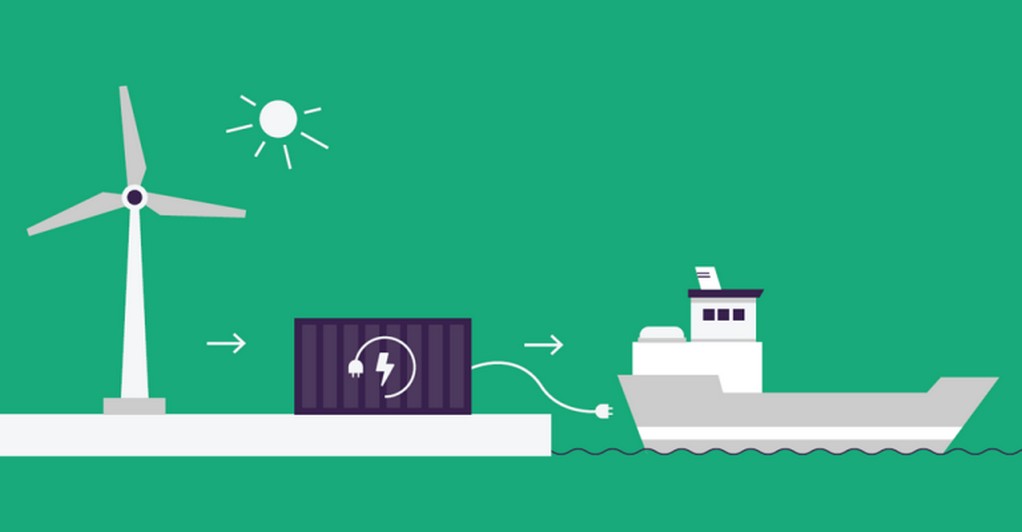International Council on Clean Transportation (ICCT), an NGO from Washington DC, conducts the study which is the first nationwide American port emissions screening for at-berth vessels. Using the ICCT’s systematic assessment of vessel emissions model and automatic identification system (AIS) data, the study estimates how much pollution is emitted by at-berth vessels and then identifies US ports where investments in shore power could meaningfully improve air quality in nearby communities.
The study’s estimates show that in the absence of shore power, at-berth vessels emitted approximately 27,000 tonnes of combined air pollutants (NOX, SOX, and PM10) and more than 1.4m tonnes of CO2 in 2019 (see map below). Of the 129 ports considered in this analysis, 43 high-priority ports and port groups overlapped with lower-income census tracts and areas that do not meet US Environmental Protection Agency air quality standards.
The 22-page working paper makes a strong case for shore power – also known as cold ironing or alternative maritime power – to allow at-berth vessels to plug into the local electrical grid and turn off auxiliary engines that would otherwise burn fossil fuel to power essential operations and emit greenhouse gases and air pollutants.
“US ports can use available federal funding to install zero-emission port equipment, develop air quality monitoring plans, or conduct emission inventories for more tailored emission estimates than this nationwide screening provides,” the ICCT study suggests.
More and more ports around the world are adding cold ironing facilities, but many in shipping are calling for far greater investments in this domain.
Tags: Emissions, ICCT, Shore Power



Recent Posts
FIMI and Deloitte Release Report on Cleaner Vehicle Adoption in Indian Mining Sector
NTPC Deploys Hydrogen Fuel Cell Buses in Leh, Marks India’s First Commercial Hydrogen Mobility Project
Provaris and K LINE Sign MOU to Advance Hydrogen Shipping Solutions
Mumbai Set to Launch Electric Hydrofoil Ferry Network with Candela P-12 Vessels
AVTL to Build Independent Ammonia Terminal at Pipavav Port
DNV Grants Approval in Principle for New Ammonia Bunkering Vessel Design
Proteus Launches Modular Hydrogen Fuel Cell System for Maritime Sector
Van Oord Unveils Boreas, World’s Largest and Most Sustainable Offshore Wind Installation Vessel